A solution for the plastic pollution in developing countries
Plastic waste is becoming extremely threatening to the environment due to its high quantities generated which pose serious harm to both the environment and its inhabitants. Wastes disposed in landfills or any other places generally find their way to the marine. These plastics in the marine environment, which are ingested by fish, are also deleterious to human health moreover to the ecosystem when such fish are consumed.
Polymer wastes take years to degrade in the natural environment. The slow degradation properties of waste polymer materials cause environmental and ecological problems such as: The burning of waste plastic release toxic gas into the atmosphere, breeding sites for mosquitoes and causes floods. Therefore, there is the need for an efficient and reliable method for solid waste management in Nigeria.
The indiscriminate disposal of waste continues to be a continuous challenge to the collection and correct separation, and is the subject of the journalist in our facility.
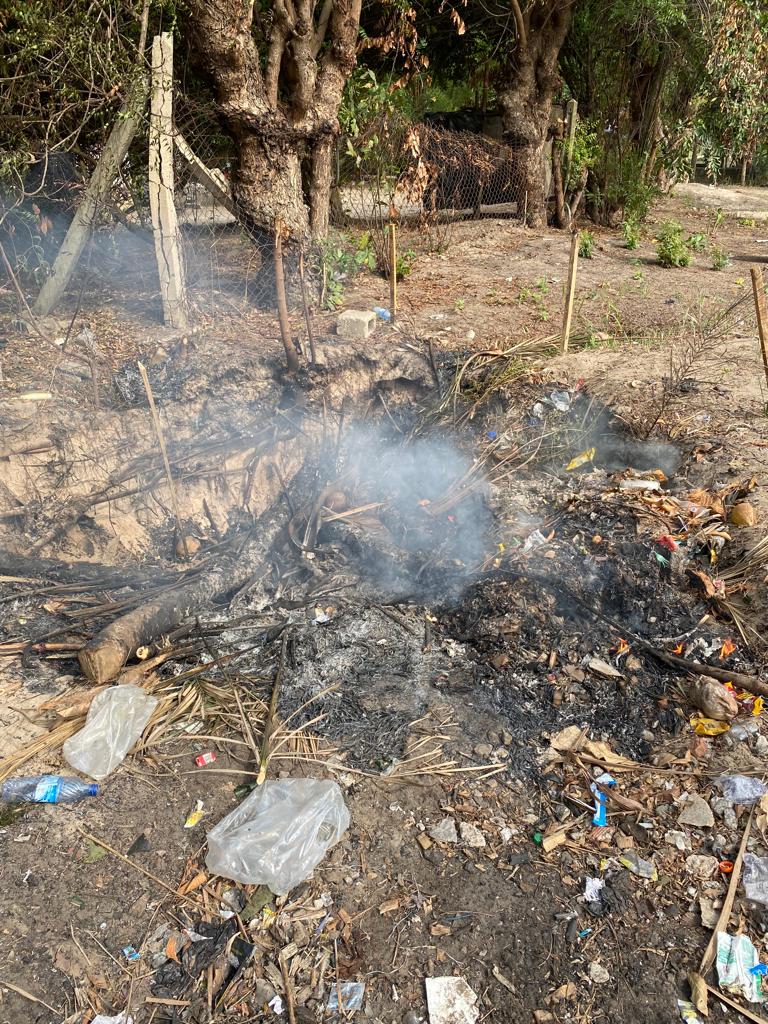
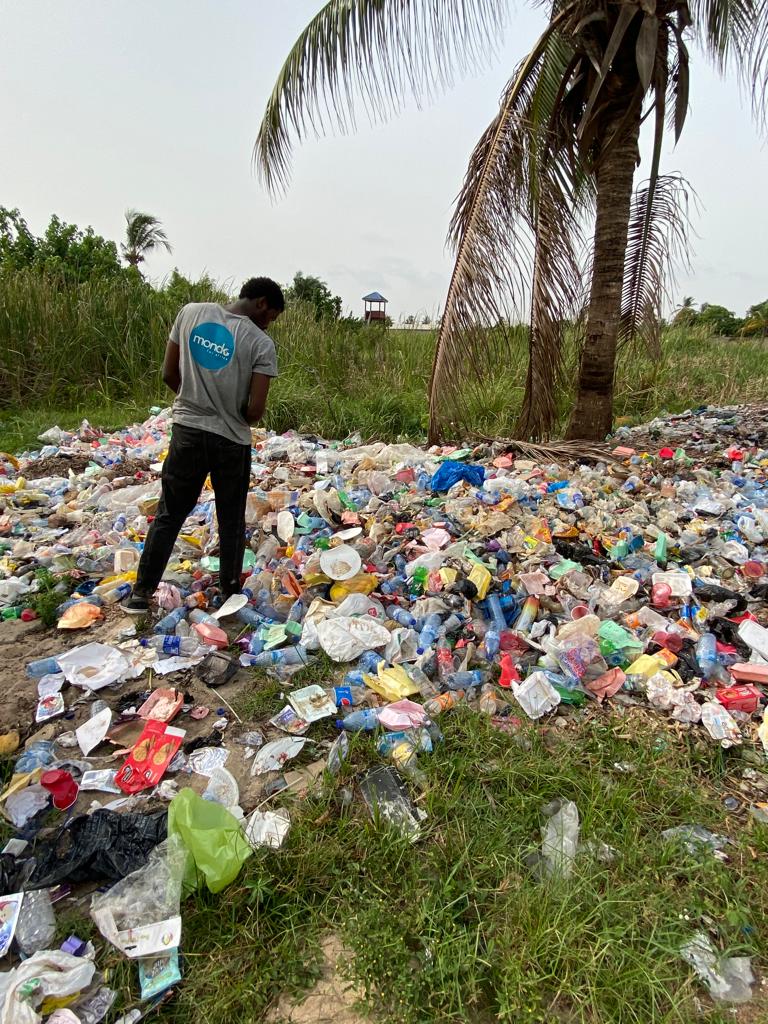
Uncontrolled burning practices and improvised dumps found by our team on the shores of Lagos
A developing country like Nigeria is currently experiencing rapid urbanization and industrialization and as a result a lot of infrastructure developments are going on. These developments come with problems such as shortage of construction materials, high cost of building due to shortage of cement and other construction materials. Several studies have been carried out in countries like Egypt, India, Australia, and U.S.A where waste plastics have been converted to other products. Nigeria is yet to document a work done on the reuse of plastics into gasoil. We can found huge potentials and benefits in using of plastic waste like binding agent (replacement of cement) to produce a more flexible and durable HPB, floor tile and roof tile and at the same time being an alternative way to recycle the plastic waste (Behera, 2018).
Now a days, concrete block construction materials have high cost, so people who have low income especially in developing countries like Nigeria are not quite able to afford those materials for better housing (Delz, 2011). Not only cost is the problem, but also the long durations of material production, construction, transportation, availability, and environment degradation.
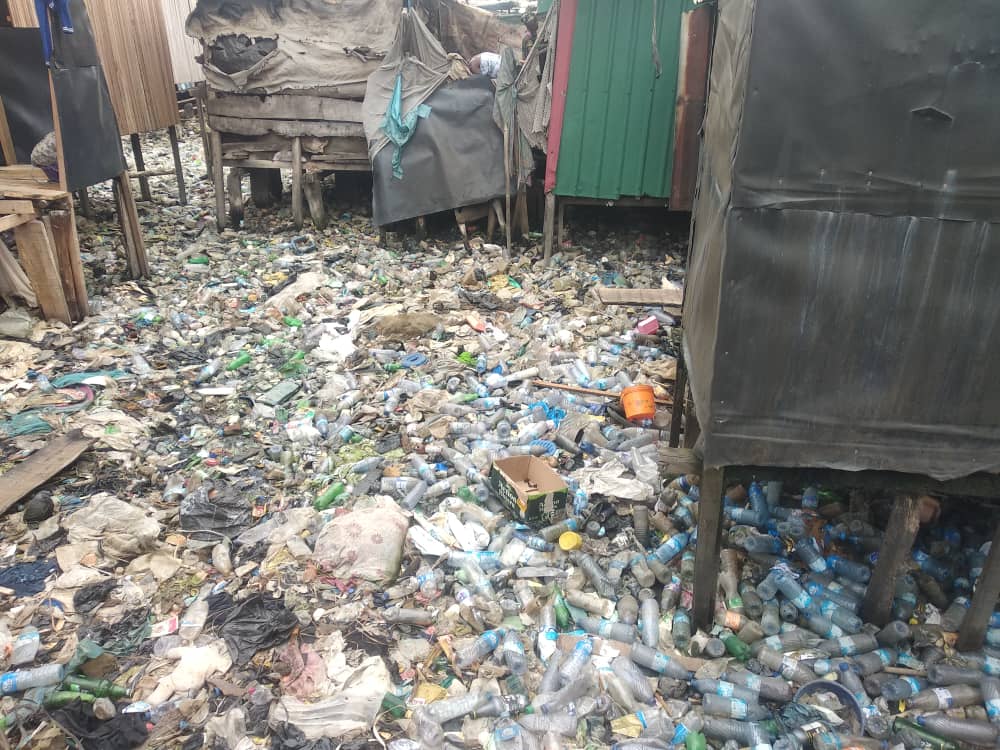
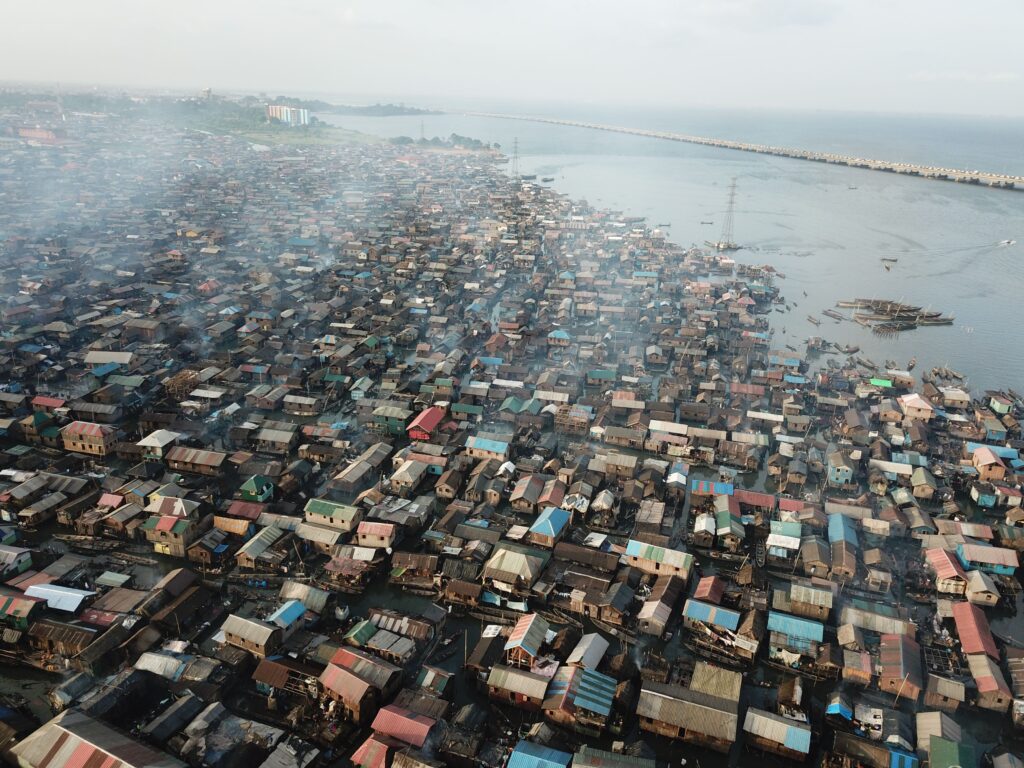
The high construction and land costs cause some communities (for example, Makoko, in the images) to expand, reclaiming land from the sea using their plastic and organic waste, with the consequent problems of public health and pollution.
THE USE OF PLASTIC AS A CONSTRUCTION MATERIAL
This problem needs solution to full fill the demand of low cost material. Plastic wastes have high environmental impact especially in Africa. Management and reuse of plastic wastes could be one of the solutions in many aspects.
In a thesis research conducted by Kestride Estil, it assesses the plastic waste management and housing problems in Haiti. It explores the possibility of using plastic wastes to help in the construction of housing. It has shown that plastic wastes have been applied in production of walls, roof tiles and walkway pavements in Colombia and India (Estil, 2019). The study tries to implement the practices of waste management of Colombia and India in Haiti to introduce affordable housing system for the low income parts of the population.
In Netherlands about 40% of waste arises from construction firms. A study made by Lisane Moulders, showed the importance of recycle and reuse of construction and demolition wastes and the future assessment of waste recycling system of building materials (Moulders, 2013).
Another study made in Nepal, examines the solid and plastic waste management and the steps used in the process. Some of the methods showed the proper collection process and disposal methods in the country (Banskota, 2015).
There is a theoretical, knowledge and practical gaps. To this day there have not been sufficient studies especially for cases in Ethiopia and waste management practice has not been applied in good range. Local studies so far have not covered the mandatory research area that is plastic wastes management, which are found in and out of construction areas.
This problem led the researcher to study management and reuse of these plastic wastes, which are non-decomposable wastes and which are now becoming biggest problem of our environmental health and hygiene, in the construction firm. Not much studies have been made in Nigeria or applications been made on plastic wastes reuse in constructions. So our work is developed with the intention to fill the theoretical and practical gap and the findings provide insightful reference for further studies and applications.
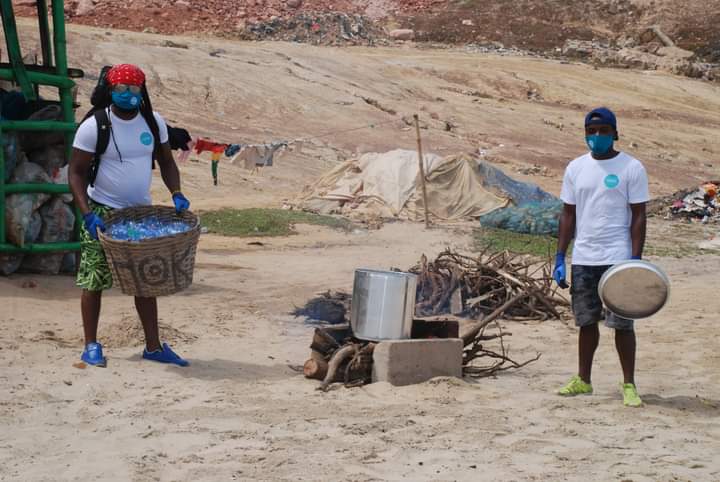

Our team in Ghana researching the transformation of plastic into building blocks
We work in developing technologies and new applications to find a solution for plastic pollution. we work so in the future we can say “there is nothing to be wasted”.

